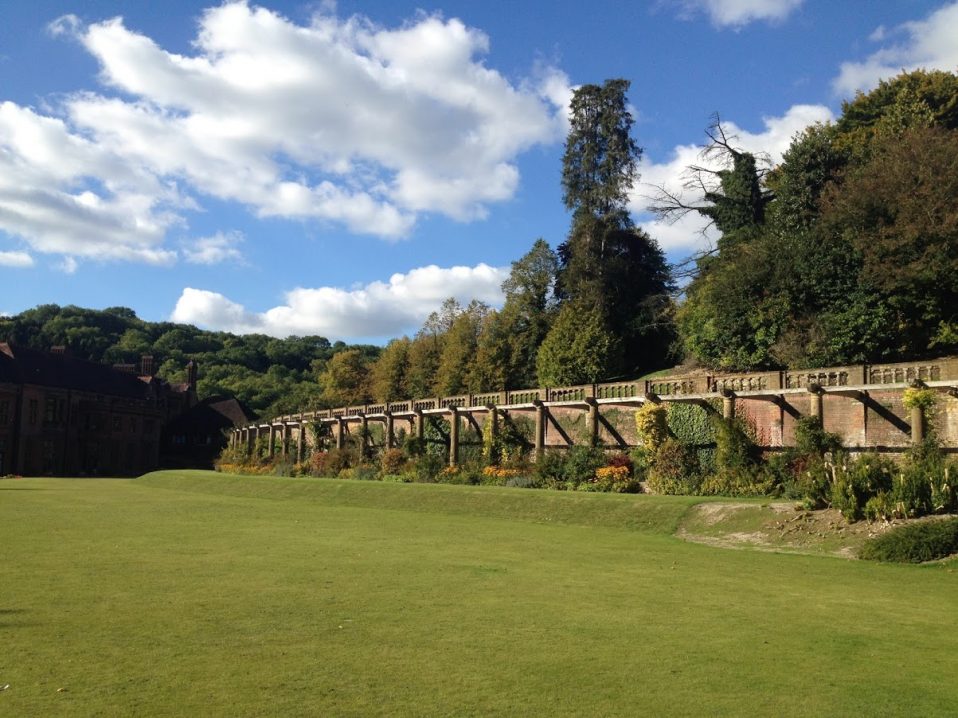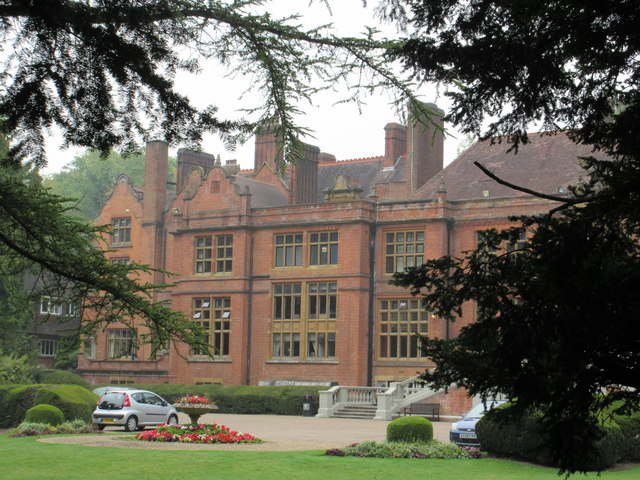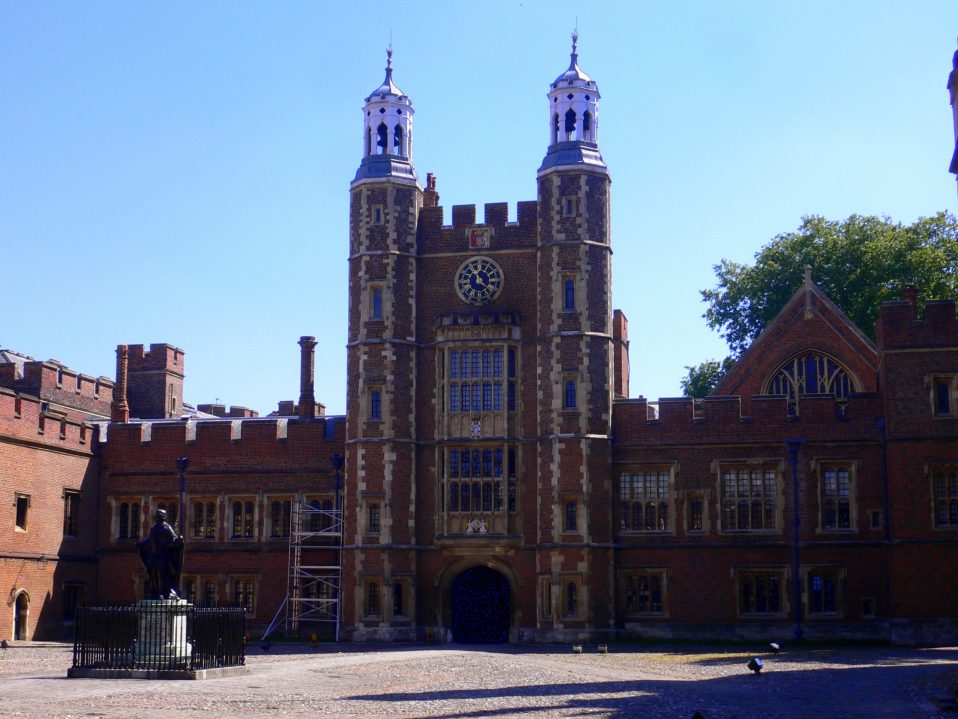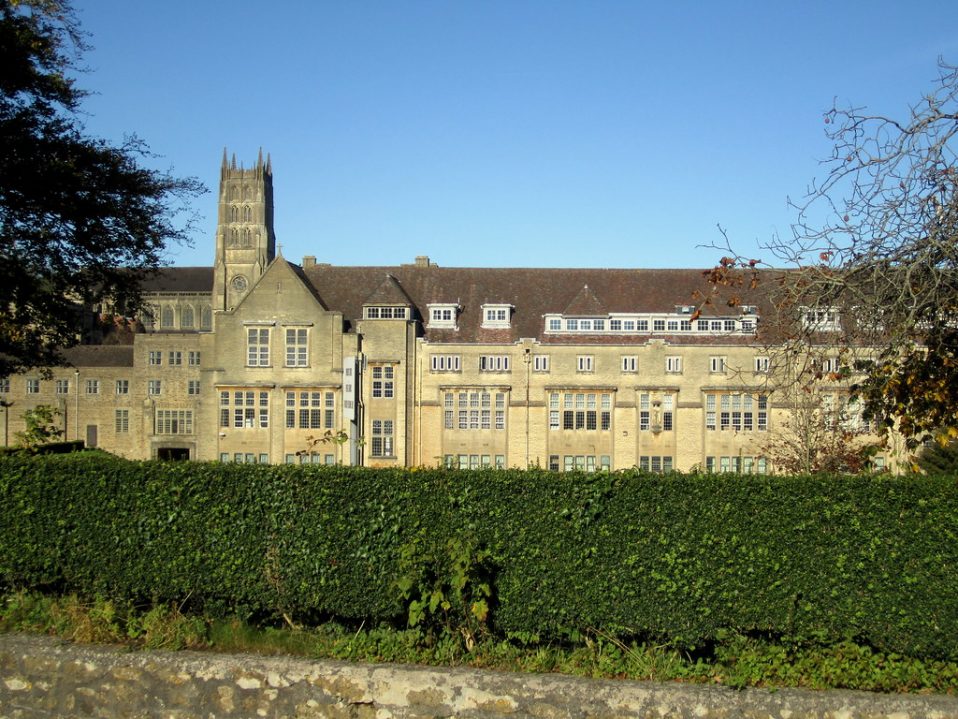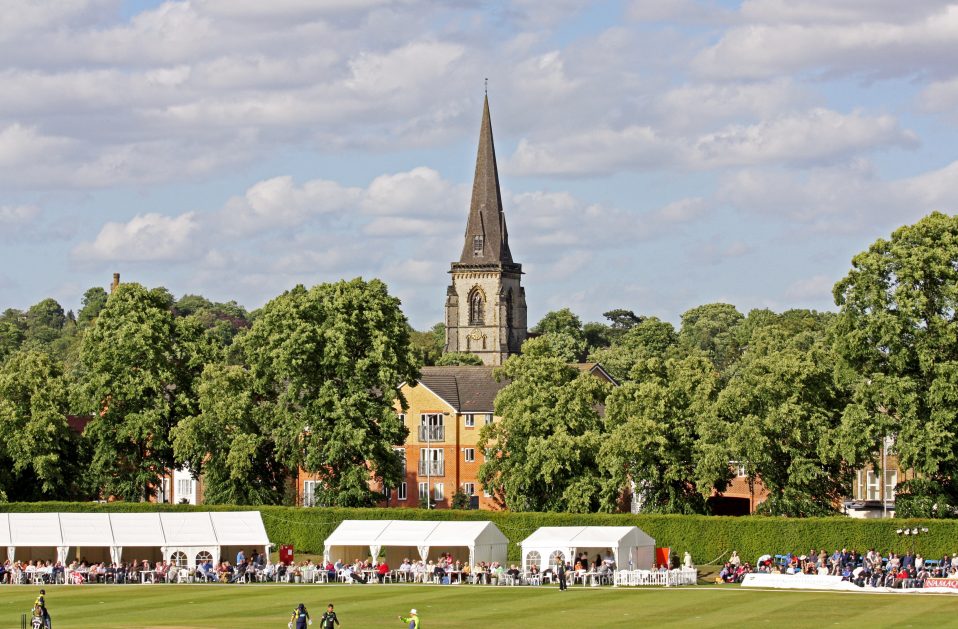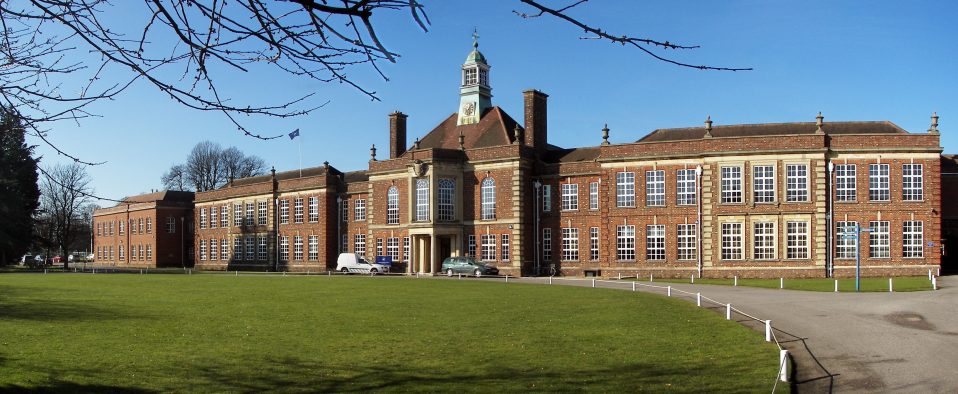The boarding schools in England offer an excellent education and prepare their students for a world in which speaking and writing English is paramount. If you want to study in an English boarding school, we in Another Education help you choose the one that is most convenient for your children and we are specialists in preparing the interview and the admission exams.
Now, why choose an English boarding school instead of other alternatives? Here are the 10 reasons that, according to our experience, summarize why you have to study in an internal English. When you finish reading this post, we have no doubt that it is the best option if you want your children to return to Spain with the highest English level.
5 reasons why study in an English boarding school
- Learn or improve English. In an English boarding school, the classrooms have a small number of students and each one has a specialized tutor who helps you throughout the school year to understand the classes and improve English. The younger the children are the faster they become fluent as well as fimding it easier to pick up the British accent. In addition, in these schools there is the EAL subject (‘English as an Additional Language’, in its acronym in English) for non-English students, which they have to do until they acquire the level necessary to pursue the subject ‘English Literature’ (‘English Literature’) with native students
- Quality of English education. The internees in England have met the high quality standards and, in our experience, English education stands out for personal attention to the student. Teachers extol the qualities of children, the powers of each student’s skills and encourage them to work hard to excel in those they are best at. The lessons focus on reinforcing their abilities and work on building excellence.
- Prepare for college. British degrees are valued by universities around the world. In fact, in some English schools and boarding schools, students who have completed their ‘A Level’ (the Spanish Bachillerato) have entered the second course of some degrees at universities in England or even the United States, due to the high level of specialization.
- Share the experience with children of other nationalities and cultures. In an English boarding school, boys, girls or both international and local can live together. Thanks to living together, your children will better understand other cultures, be more open and tolerant and make friends with students from all over the world, while improving their language skills.
- Nature and health. Studying in the United Kingdom is an opportunity to get to know the English countryside, since most of the English boarding schools are in the countryside, in the middle of nature, in rural areas of sublime beauty, where pollution is minimal, something highly recommended for the health of all, especially for that of our children.
Do you agree? How much have you liked this post? Share it in your social media or through your email!


